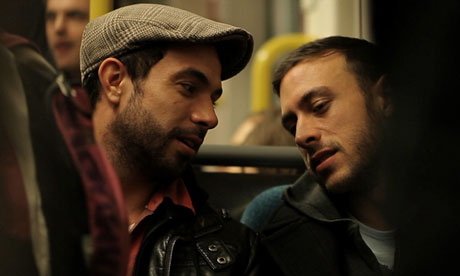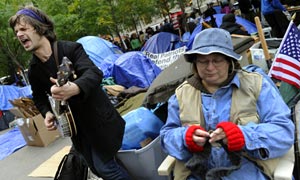
Bodhidharma and Huike
Years ago A Zen Monk gave me a Koan to meditate upon. The Koan was, "Who is Jack Miller?"
A Koan is a rung on the latter to enlightenment. I am still here on the first step. So far, I have reached preliminary answers. First, in my case, "Jack Miller" is nothing. The name does not name me. If I have a name, it is Jack Jameson. Elsewhere in this blog I have answered the question from Romeo and Juliet, "What's in a name?" By citing my academic accomplishments and giving an account of my history. Am I my history? Not if Simone De Beauvoir and her beau are right.
I share thoughts with another Zen Master-to-be these days who has given me the same Koan: "Become the person you want to be." The phrasing of course is different, wiser actually, more to it. Again, preliminary answers come to mind-- writer, lover, poet, philosopher.
Part of the answer may also be who I am not now. I am not a Zen Master, and I write about this in a poem:
I have not resolved if a Zen Master is the person I want to be; and I suspect that saying, "in the future," is what De Beauvoir calls "Bad faith or mauvaise foi."
I want to be on the path for now. The person I am and want to be is alive, full of passion, growing in compassion, knocked over with feelings of emotional pain and pleasure-- melancholy and joy. The person I want to be is learning to want less to attain a higher awareness.
According to the Denkoroku, when Huike and Bodhidharma were climbing up Few Houses Peak, Bodhidharma asked, “Where are we going?” Huike replied, “Please go right ahead---that’s it.” Bodhidharma retorted, “If you go right ahead, you cannot move a step.” Upon hearing these words, Huike was enlightened.


















